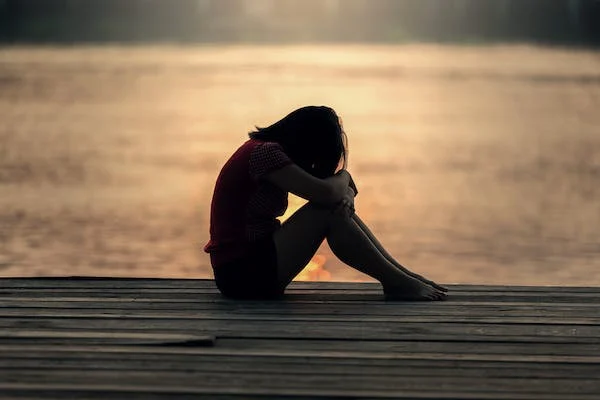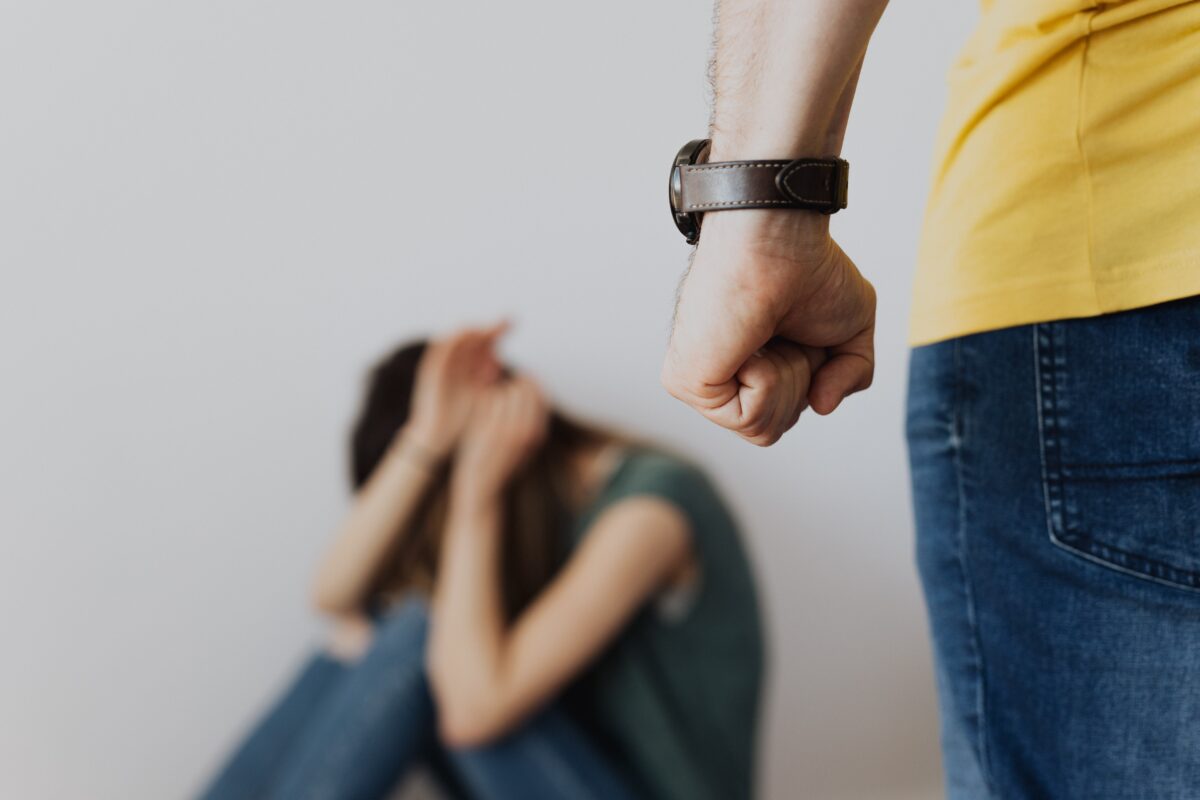
Time to put an end to the rape culture!
Of recent, we are increasingly coming across the phrase “rape culture’ whenever the subject of sexual assault comes up. While it may sound like another coined phrase from women activists and feminists, rape culture does exist and affects communities globally.
Originally coined in the 1970s, the term rape culture is today gaining ground and exposing injustices around the issue of sexual assault. So, what is the big deal about rape culture, one may ask? What does it mean, how does it work, where does rape culture come from, why do we need awareness on it and how does it fuel injustices?
Risper Sarota explore the subject and its effects on our societies, victims and survivors of sexual assault.
One in three female victims of rape or attempted rape experienced it for the first time between the ages of 11 and 17 years reports the National Sexual Violence Resource Center (NSVRC) Kenya.
But that is not all there is to the rape statistics in Kenya. In 2020 it was reported that the country saw an increase in rape cases during the Covid 19 pandemic lockdown. While some shelters reported being overwhelmed by young girls who needed escape form those who were meant to protect them.
In July 2022, the Nairobi Metropolitan Services (NMS) said it had recorded 5,589 rape survivors since mid-March 2021.
Rape is a type of sexual assault involving sexual intercourse or other forms of sexual penetration carried out against a person without their consent. The act may be carried out by physical force, coercion, abuse of authority or against a person who is incapable of giving valid consent, such as one who is unconscious, incapacitated, has an intellectual disability, or is below the legal age of consent.
Under the Kenyan law, rape is a form of sexual violence recognized as a crime. According to the Sexual Offence Act, No 3. of 2006-Kenyan Law; “any person who attempts to unlawfully and intentionally commit an act which causes penetration with his or her genital organs is guilty of the offence of rape and is liable upon conviction for imprisonment for a term which shall not be less than 5 years, but which may be enhanced to imprisonment for life”.
What is Rape Culture?
Rape culture refers to a society and environment in which rape and other sexual violations against women are normalised, glamorised, excused by the media, the community and where victims are blamed for being violated. In a rape culture, women and girls are seen as “less than men and boys”.
Rape culture disregards women’s rights and safety and has coerced women into sacrificing their freedom and opportunities in order to stay safe, even when no place in this world has proven to be completely safe for women and girls. Rape does not only take place in dark alleys nor are the perpetrated mainly strangers! It takes place in our offices, schools, churches, in our streets, during the day and even in our homes. Often, the most intimate of friends and family members are the perpetrators.
While rape culture affects all women, having us living with fear of being violated, and assigning blame to survivors, it is also more than just sexual assault and strips women of their power. It is deeply rooted in patriarchal beliefs that are couched in morality, tradition, power, control and the need to ‘protect’ women making it easy to blame the victim.
Victim blaming
Victim blaming is a way of manipulating victims and survivors using statements such as: “she was drunk you know”, “her clothes were revealing”, “women say ‘no’ when they mean ‘yes’”. Victim blaming can also be through the trivialisation of sexual assault with statements such as “boys will always be boys” or even acceptance of sexual harassment especially in public spaces.
The other day a friend told me about how she was harassed by two strangers in a matatu (public minibus) full of passengers and all most did was murmur “watoto wa siku hizi” meaning “children of today”. She was helpless and felt she was being blamed for falling victim to the assault.
By treating sexual violence as a norm and blaming victims, we are creating an environment in which perpetrators are promoted, one that promotes impunity, shames victims and teaches women how to avoid getting sexually assaulted rather than telling perpetuators to stop.
Blaming victims not only fails to prevent sexual assaults but constrains women throughout their lives. When women give up social and economic opportunities in order to stay safe, it affects their growth. Placing the burden of avoiding sexual assault on women grants sexual predators the power to set boundaries in women’s lives. This is both degrading and a violation of women’s rights.
Media and pornography
The media plays an important role in rape culture. By portraying men as dominant and sexually aggressive and women as submissive and timid in the movies, people are desensitised to the seriousness of sexual violence. This portrayal sexualises and objectifies women’s bodies and yields sympathy for the perpetrators and not the victims.
Putting an End to rape culture; who is responsible?
Ending rape culture is a collective responsibility as it affects all of us regardless of gender identity. Ending victim blaming and listening to survivors can play a major role in ending this culture. Rape affirming beliefs are embedded in the language we use to refer to women through music and sexually explicit jokes.
There is a need for zero tolerance for sexual harassment and violation within our societies. This should involve holding our leaders accountable by upholding a zero-tolerance policy in every institution whilst making sure the perpetrators are held accountable by prosecution. Existing laws need to stop being good on paper and applied to hold perpetrators accountable for their crimes. Media should be used for sensitisation on the effects of sexual violence and to create an open space for discussion on how to end rape culture.
Sexual assault is never the victim’s fault. Abuse is a conscious choice made by the abuser.

Leave a Reply